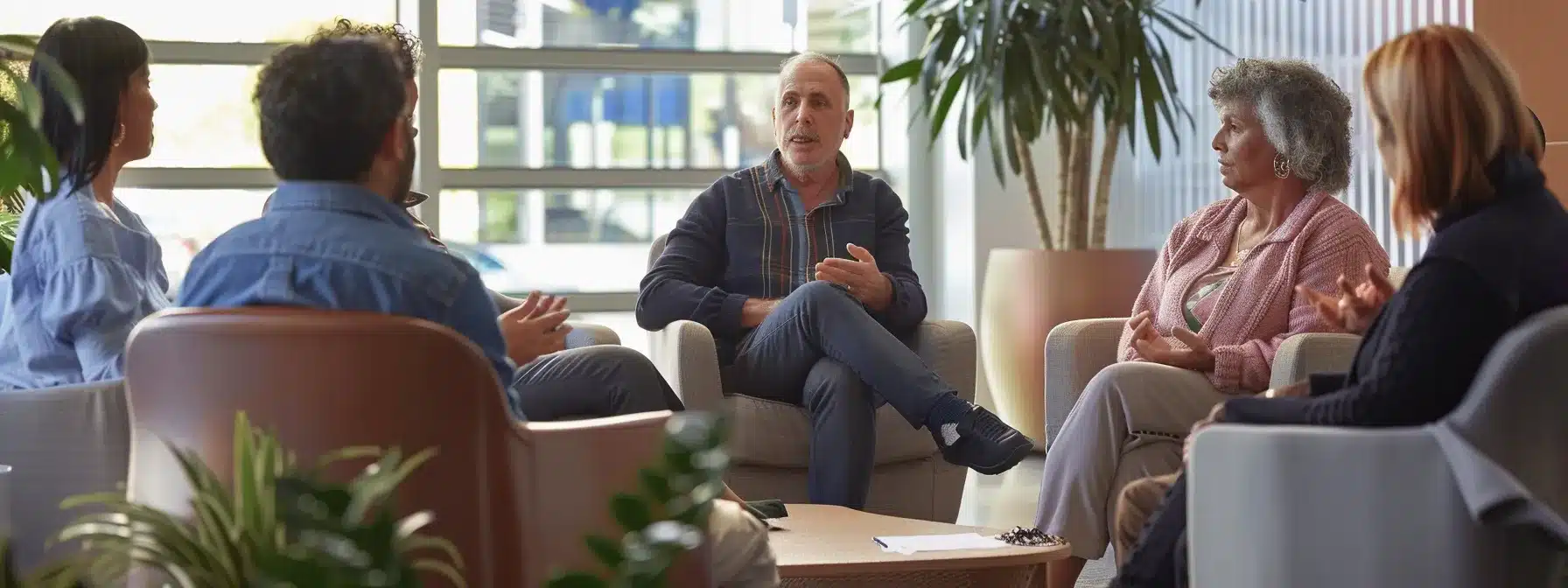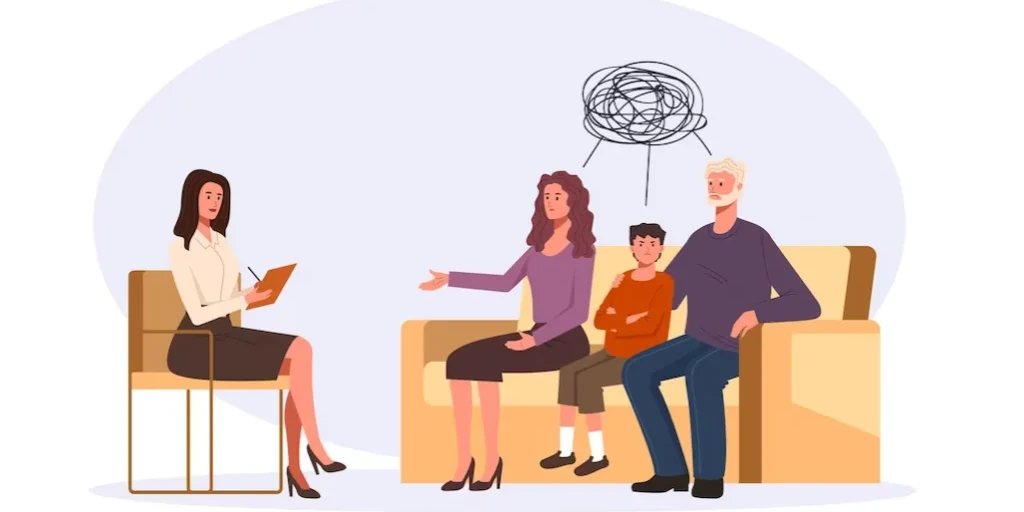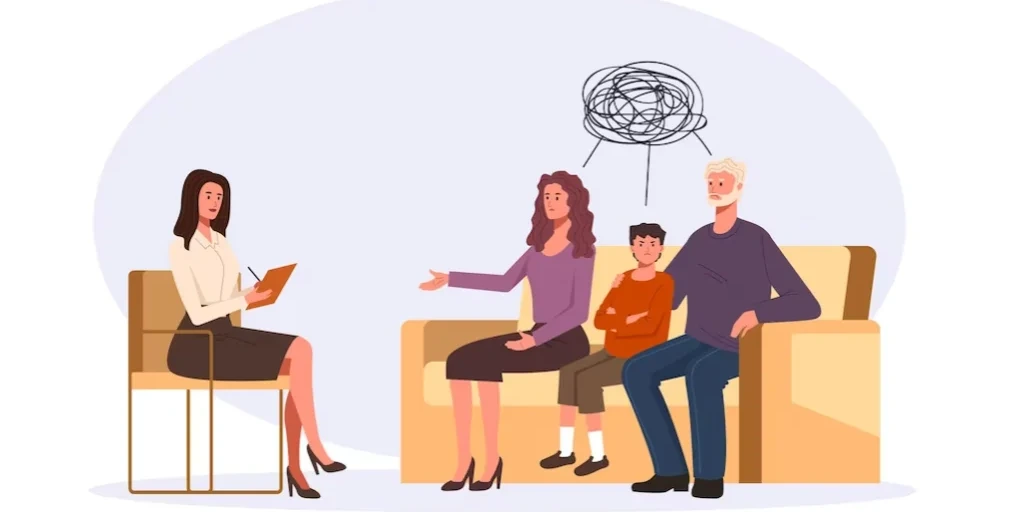24/7 Helpline:
(866) 899-221924/7 Helpline:
(866) 899-2219
Learn more about OCD Treatment centers in Bartow County

Other Insurance Options

Sliding scale payment assistance

Optima

Excellus

Lucent

Carleon

AllWell

CareFirst

Premera

Access to Recovery (ATR) Voucher

United Health Care

Aetna

WellCare Health Plans

Holman Group

Ambetter

Highmark

Group Health Incorporated

Sutter

Anthem

Self-pay options

Kaiser Permanente

Highland Rivers Health – Bartow Recovery and Wellness Center
Highland Rivers Health provides a variety of treatment programs and services to meet your individual...































Family Counseling and Recovery Center
Family Counseling and Recovery Center is a private rehab located in Cartersville, Georgia. Family Co...

Georgia Mental Health and Substance Abuse Center
Georgia Mental Health and Substance Abuse Center is a private rehab located in Cartersville, Georgia...

The ROC Clubhouse
The ROC Clubhouse helps youth with mental health issues build self-esteem, resiliency and life skill...

Cartersville Center
Cartersville Center is a private rehab located in Cartersville, Georgia. Cartersville Center special...

Alliance Counseling Associates
Alliance Counseling Associates is a private counseling clinic located in Cassville, Missouri. Allian...

Heartland Center for Behavioral Change – Casville Outpatient Clinic
Heartland Center for Behavioral Change–Cassville Outpatient Clinic, in Cassville, Missouri, provides...


















































